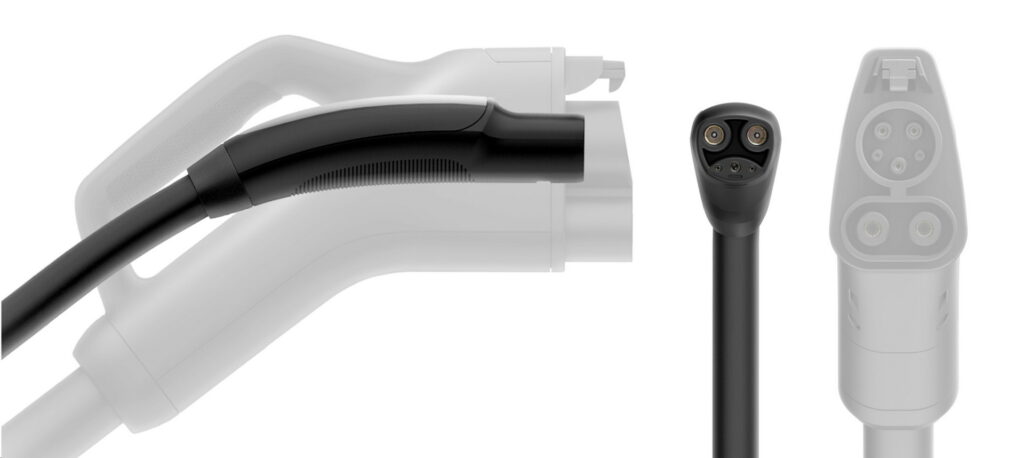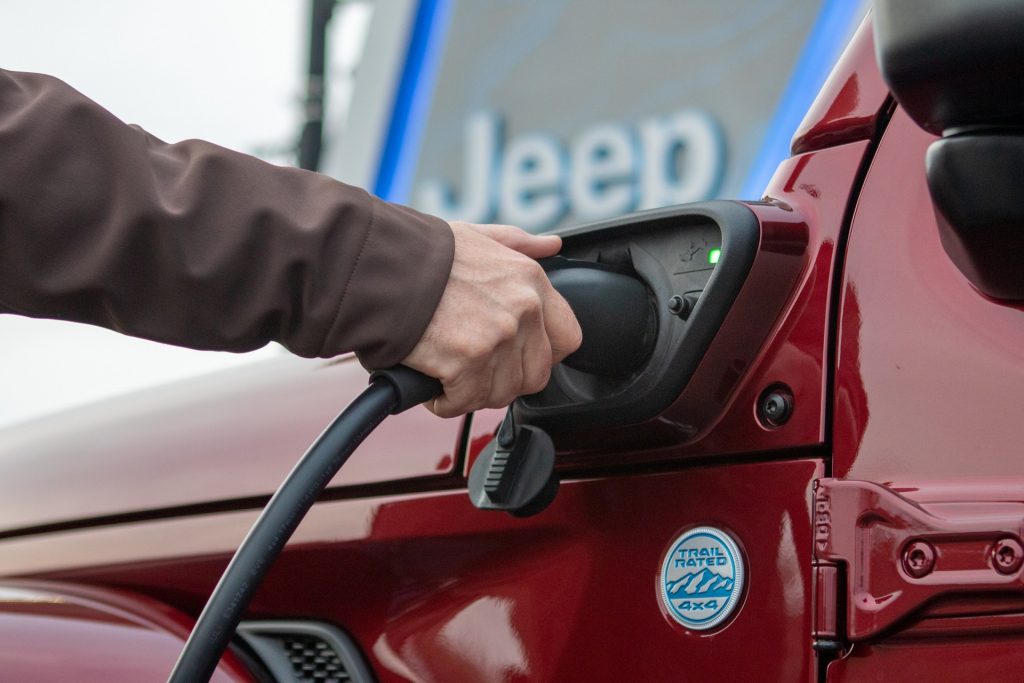A rapid shift is taking place among automakers as Tesla gets more suitors for its own charging standard. Previously the majority of EVs sold in the U.S. depended on the CCS charge port. But, in the last few weeks, Ford and General Motors — two giants of the American auto industry — have confirmed that they’ll be plumping for Tesla’s North American Charging Standard (NACS) instead.
Now Stellantis, which holds a number of brands that plan to dive head first into EVs, including Jeep, Dodge, and Chrysler, may well follow suit. Speaking to Reuters, the company confirmed after the latest announcements from Ford and GM that it, too, was evaluating the implementation of Tesla’s charge port. “At this time, we continue to evaluate the NACS standard and look forward to discussing more in the future,” said Stellantis.
Read Also: GM Joins Ford In Adopting Tesla’s Supercharger Standard

Switching to the NACS charge port could also enable users of Stellantis vehicles to gain access to Tesla’s Supercharger network. With 17,000 charging stations across the US, the Supercharger network has been much lauded as one of the best elements of EV infrastructure out there, having more access points in the U.S. than all other non-Tesla charge networks combined. In addition to its availability, the reliability and ease of use of the Superchargers are often cited as a big advantage over other charging providers.
It’s not just Ford and GM that have confirmed that they’ll be switching to NACS from 2025. Other companies, such as fast-charge operator EVgo, have also shared that they will further support NACS connectors on their network.
It’s not a dead certainty that Stellantis will adopt the NACS standard, though. “Our focus is to provide the customer the best charging experience possible. Our Free2Move Charge brand will offer seamless, simple solutions whether at home or on-the-go through partnerships with charging providers,” said Stellantis.
Are you an EV user, or perhaps a potential adoptee? Let us know what you feel about the changing tides of the EV charge standard in the comments.





